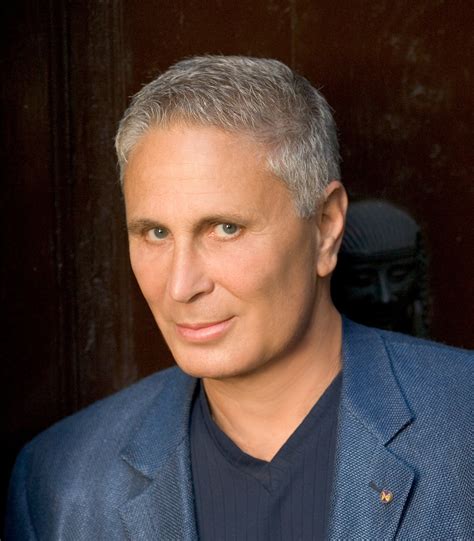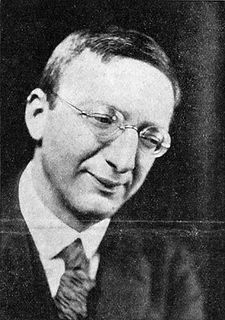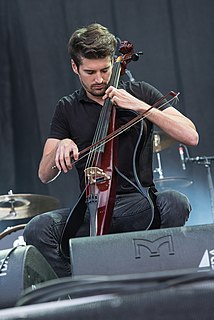A Quote by Stendhal
A novel is like a bow, and the violin that produces the sound is the reader's soul.
Related Quotes
It was pitch dark. I could hear only the violin, and it was as though Juliek's soul were the bow. He was playing his life. The whole of his life was gliding on the strings--his last hopes, his charred past, his extinguished future. He played as he would never play again...When I awoke, in the daylight, I could see Juliek, opposite me, slumped over, dead. Near him lay his violin, smashed, trampled, a strange overwhelming little corpse.
The book is finished by the reader. A good novel should invite the reader in and let the reader participate in the creative experience and bring their own life experiences to it, interpret with their own individual life experiences. Every reader gets something different from a book and every reader, in a sense, completes it in a different way.





































